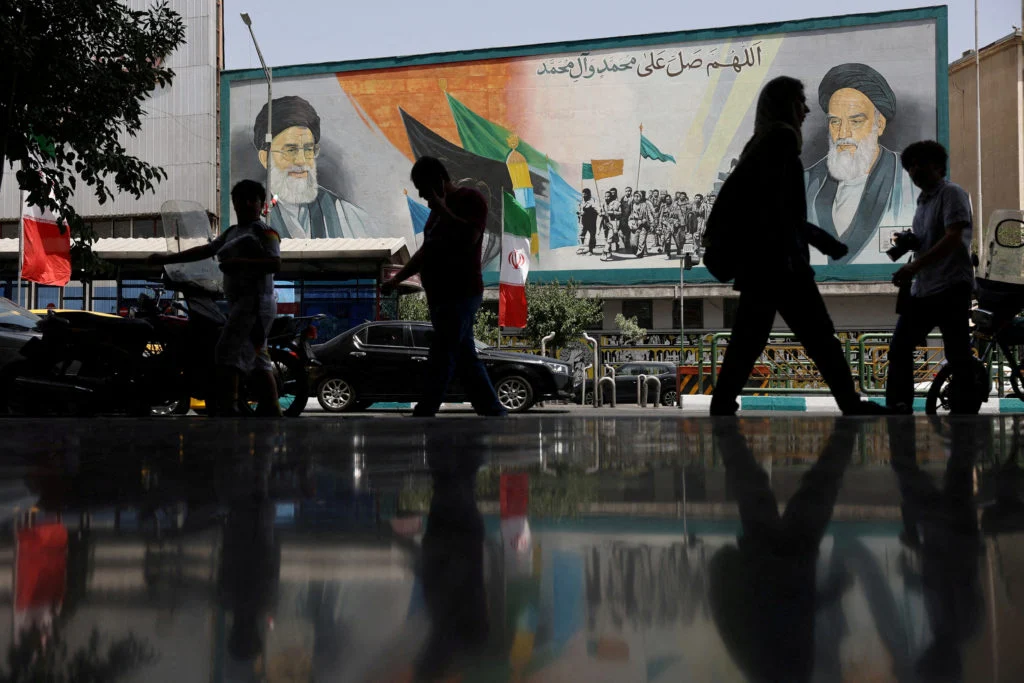UK (Parliament Politics Magazine) – Parliament’s watchdog says Iran’s threat to UK nationals has “significantly increased,” citing 15 foiled plots and urging stronger deterrence.
As reported by The Independent, Britain’s parliamentary intelligence watchdog has warned that physical threats from Iran against UK residents have surged sharply since 2022.
A report released on Thursday by Parliament’s Intelligence and Security Committee described the Iranian threat as both “persistent” and “unpredictable.”
The watchdog found 15 attempted murders or kidnappings linked to Iran and said its threat matches the scale of danger posed by Russia.
What did Lord Beamish warn about Iran’s risky foreign operations?
The committee head, Lord Beamish, warned that Iran shows a high tolerance for risk in its offensive actions abroad, raising fears over its bold tactics.
He said,
“Its intelligence services are ferociously well-resourced with significant areas of asymmetric strength.”
Lord Beamish stated the committee is deeply alarmed by growing physical threats against UK-based residents, saying Iran uses assassination as “an instrument of state policy.”
He urged the government to review whether it is legally feasible to ban Iran’s IRGC as a terrorist group and address Parliament on the matter.
Lord Beamish said,
“Iran poses a wide-ranging, persistent and unpredictable threat to the UK, UK nationals and UK interests. As the committee was told, Iran is there across the full spectrum of all the kinds of threats we have to be concerned with.”
The report said Iran’s nuclear threat has intensified since the US withdrew from a key 2018 deal, urging immediate focus on de-escalation.
The nine-member committee’s report, which reviews UK intelligence agencies, covers only events up to August 2023 due to delays caused by the 2024 election.
The committee revealed that from January 2022 to August 2023, Iran was linked to at least 15 attempted murders targeting British nationals and UK residents.
Parliament’s committee called on ministers to warn Tehran that such actions would “constitute an attack on the UK and would receive the appropriate response.”
The report disclosed that Iran had neither produced nor committed to producing a nuclear weapon by August 2023, though it had taken clear steps in that direction.
According to the committee, Iran has shown “broad compliance” with the 2015 nuclear JCPOA agreement, which restricted its nuclear activities.
Lord Beamish’s committee also warned that Britain remains a target of Iranian espionage but described the threat as narrower and less advanced than those from Russia or China.
The report said Iran had attempted political interference, but described its impact as “negligible.”
It raised fears that Iranian-backed centres, like the Islamic Centre of England, might be involved in spreading extremist and violent views.
The watchdog report highlighted Iran’s cyber threat and urged Britain to “raise the resilience bar” across the country’s digital defences.
In its report, the committee warned that Britain’s Iran policy has “suffered from a focus on crisis management” and lacked long-term planning.
The report criticised the government for a “lack of Iran-specific expertise,” saying there was “seemingly no interest in building a future pipeline of specialists.”
One witness told the committee,
“If you have people running policy in the Foreign Office who don’t speak a word of Persian, then that is a fat lot of good.”
How many Iran-linked individuals has the UK sanctioned?
The parliamentary committee revealed that Britain had sanctioned 1,189 individuals and 508 entities associated with Iran.
They urged ministers to reassess if the sanctions
“will in practice deliver behavioural change or in fact unhelpfully push Iran towards China.”
What are MPs and peers demanding from Keir Starmer on Iran?
After three Iranian men were arrested in London for spying, hundreds of MPs and peers, including Lord Kinnock, called on Sir Keir Starmer to ban the IRGC.
They wrote in a letter,
“Appeasing this faltering regime betrays democratic values, emboldens its repressive policies, and undermines global security as Tehran continues its nuclear ambitions and terrorism.”
Key facts about IRGC
- The IRGC has about 125,000 active members, plus 90,000 Basij militia and 300,000 reservists.
- Its annual budget is nearly $7 billion, larger than Iran’s regular military.
- The IRGC controls major businesses, including Khatam al-Anbiya, working on huge projects like oil and infrastructure.
- Iran had around 2,000 ballistic missiles before recent Israeli strikes destroyed many.
- The IRGC is officially designated a terrorist group by multiple countries, including the U.S. and Canada.


